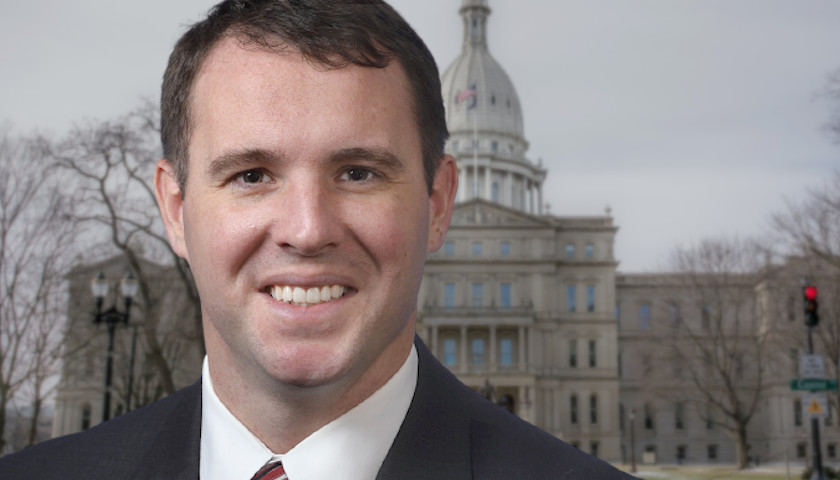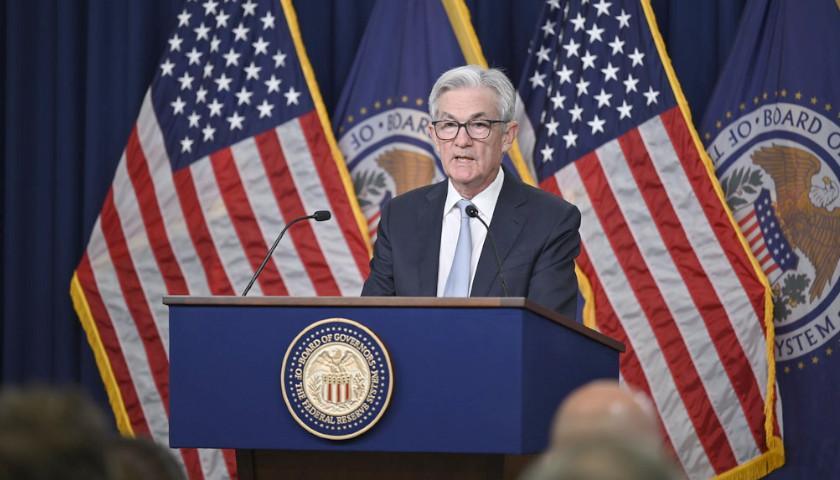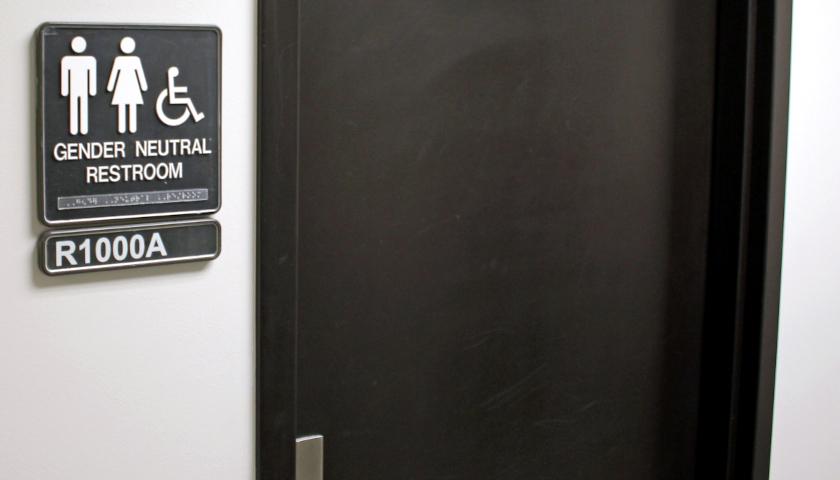by Scott McClallen
On Thursday, Gov. Gretchen Whitmer unveiled a $67 billion state budget aiming to recover the state from the COVID-19 pandemic by boosting education, infrastructure, and public health spending.
She proposed $570 million to address learning loss added to a $162-per-student, or 2% increase in base aid for most traditional districts.
Her education budget includes:
- $203 million to increase base per-pupil funding to $8,275 for districts at the minimum ($164 per-pupil increase) and $8,611 for districts at the maximum ($82 per-pupil increase), reducing the gap disparity to $336 per pupil.
- $250 million in one-time supplemental funding to support student recovery
- $200 million in one-time spending for declining enrollment to stabilize budgets for districts experiencing losses
- $120 million total for students to attend summer school, after school learning, day camps
But while Whitmer said she wants kids back in in-person instruction, she didn’t include a date by which schools must return. Whitmer has previously encouraged in-person instruction by March 1, while Republicans have pushed for Feb. 15.
Rep. Thomas Albert, R-Lowell, House Appropriations Chair, said the budget didn’t do enough to get kids back in classrooms.
“I’m happy to see the governor’s recommendation acknowledges the House-approved plan helping students recover learning lost during the pandemic is the right path forward,” he said. “But her plan does not do enough to get kids back into classrooms for in-person instruction. There will be common themes between the governor’s recommendation and our developing proposal – and there will also be sharp differences.”
Albert pointed out that much of the budget proposal was funded by federal dollars partly due to depressed state revenue.
“We must remember that state tax revenues are declining sharply – our finances are propped up by artificial and temporary federal COVID relief,” he said. “It’s not sustainable. The state budget won’t be truly healthy until Michiganders can get back to work. Families and job providers have had to tighten their budgets during this pandemic – this is no time to go on a spending spree with taxpayer dollars.”
Higher education groups were also concerned with the proposed budget’s one-time funding.
The proposed budget includes $70 million to universities and colleges that adopt COVID-19 testing, quarantining and contact-tracing policies.
Daniel Hurley, the CEO of the Michigan Association of State Universities, which advocates for the state’s 15 public universities, said their two percent increase is only one-time funding and not built into the budget.
“This approach is unprecedented, as tentative state investment will not allow the universities to adequately plan for their own operations,” Hurley said in a statement. “These vital state assets need sufficient, predictable, and sustained state funding. Using one-time funding for ongoing costs like educating students only serves to build in a prospective state funding cut a year ahead of time.”
Hurley said prior lack of funding has resulted in tuition increases.
“Michigan invested $197.79 per resident in higher education in 2020 – 7th lowest in the nation – according to national data collected by Illinois State University,” Hurley said. “The national average was $295.05, nearly $100 per resident more.”
– – –
Scott McClallen is a staff writer covering Michigan and Minnesota for The Center Square. A graduate of Hillsdale College, his work has appeared on Forbes.com and FEE.org. Previously, he worked as a financial analyst at Pepsi.





